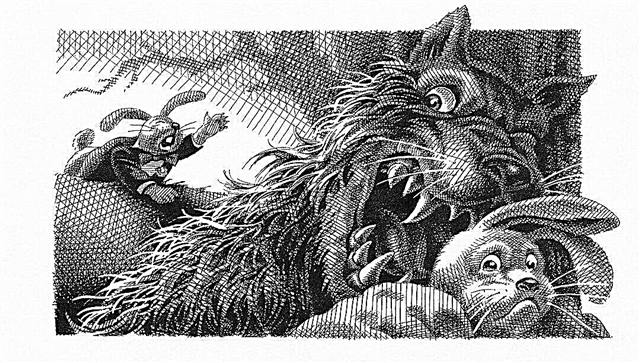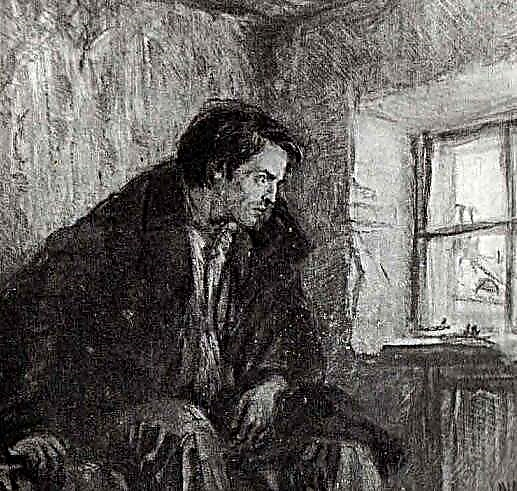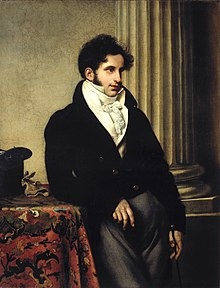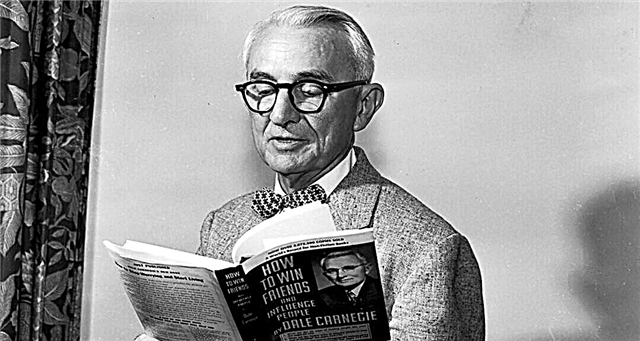(282 words) A.I. Kuprin is permeated with motives of sincerity, purity and integrity of a love feeling, the opposite of vulgarity, cynicism and indifference. In his early works, one of which is “Lilac Bush” written by Kuprin in 1894, the author discusses what love is in its most ordinary manifestations, on which real family happiness, full of harmony and understanding, is built. In his opinion, the role of the woman - the guardian of the hearth, the ideal embodiment of which is the image of Vera Almazova, is great in this sphere.
Nikolai and Vera Almazovs are a touching married couple whose married love is built on mutual respect, trust and participation. The idyllic relationship of the couple, in many respects, is the merit of Vera Almazova - a faithful, faithful, sacrificial heroine, infinitely loving her husband and helping him in all his endeavors. Faith supports her husband, sometimes sacrificing her own interests, in the name of his successes and victories: "She refused herself everything she needed to create comfort for her husband, although cheap, but still necessary."
The blot, accidentally planted by the awkward Nikolai on the examination drawing, could turn out to be a big trouble for the hero, if not for Vera. She lays her ornaments, and with the money she hires a gardener who plants lilac bushes in the place where the blob was. She understands that her husband alone cannot cope with troubles, therefore, she is ready to help him not only in word, but also in deed. Vera Almazova is a truly wise woman who can put family interests above personal ones. Her energy and courage do not give Nicholas despair, they teach him to meet any trouble with a cheerful face. The life values of the heroine are in the happiness and well-being of her husband. She is happy with his successes, therefore, she is ready to assume the role of an ally and assistant in all his affairs. Understanding, kindness, the ability to share the grief and joy of a loved one make Vera an ideal heroine, in which the beauty and depth of true love are embodied.







 How to solve the five main problems of the team
How to solve the five main problems of the team



